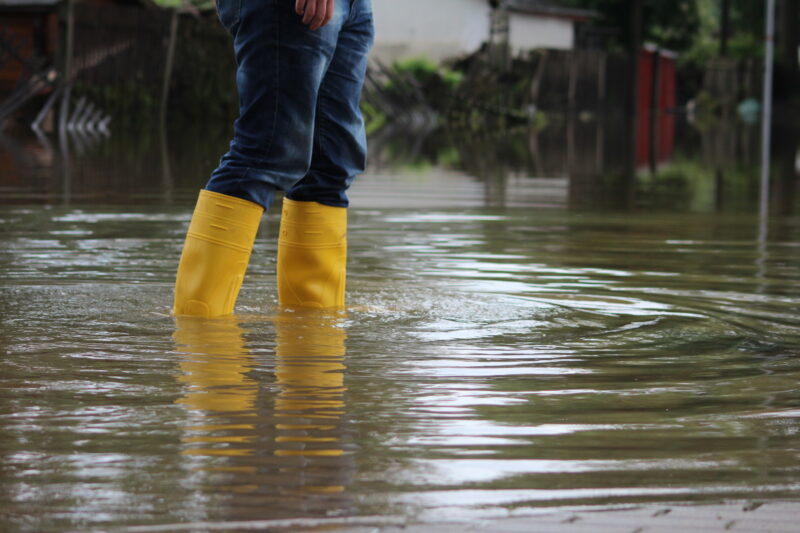
Storms to Pipe Bursts: A Homeowner’s Guide to Flood Damage
Flood damage can wreak havoc on your home. Water damage creates an environment where mold can grow. Flooding means wrecked valuables.
Not only that, but the debris from floods can even contaminate your drinking water. Wondering what you should do to prepare against flood damage? You can take steps to prevent or mitigate flood and water damage.
With a bit of work on your end before anything goes wrong, you’ll save yourself money in the future. You’ll deal with less stress and damage by thinking ahead.
Read on for tips on protecting your home from flood and water damage.
Preventing Water Flood Damage
No matter how hard you prepare, you may still need flood damage repair. But preparing will reduce your stress and costs after water damage occurs. First, check your risk for floods.
Sign up for emergency text message alerts if they’re available in your area. If you’re in a high-risk area, you can make sure to keep your large appliances above flood levels.
You can also create a plan for when flooding occurs. For example, you can plan a strategy with your family.
Stock up on sandbags. Have someone in the house divert water flow from the house foundations with the sandbags.
Create an emergency pack with supplies for you and your family. It should include potable water, your insurance papers, and valuable or sentimental documents.
At times, it isn’t a flood, but a burst pipe that can cause damage to your home. These preparatory steps will still help you even if there is not a local flood.
Have a plan ready of how to evacuate your home and shut off your power, water, and other utilities. With this work done ahead of time, you’ll have more time to fix the issue. This also gives you more time to get in contact with your insurance company if water damage occurs.
If Flood Damage Has Already Occured
Now you know preventative measures. But what if it’s too late and you’re dealing with flood damage in your house? Evacuate your home and get to safety.
If you don’t own your home, contact your landlord. Get in touch with your insurance company. Make sure you document everything and keep a paper trail for your insurance later.
Do not return to your home right away. You may be at risk for mold growth and other issues. Instead, work with your insurance and professionals to discuss when you can return.
You’ll want to work with a flood damage restoration company. Experts in water damage restoration will help you by testing for mold. They will also help remove water with specialized equipment.
Reduce the Impact of Flood Damages
Flood damage is a stressful experience for anyone. You can never fully prepare against flood damages. After all, pipes burst, and floods happen.
But you can take preventative steps. By doing this work ahead of time, you’ll reduce the impact of flood damages on your home.
Did you find this article helpful? Keep your home improvement skills sharp by checking out our other helpful posts.
